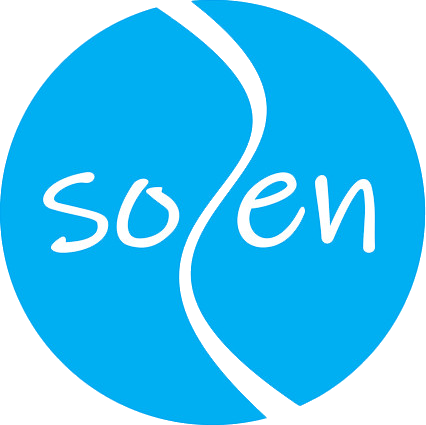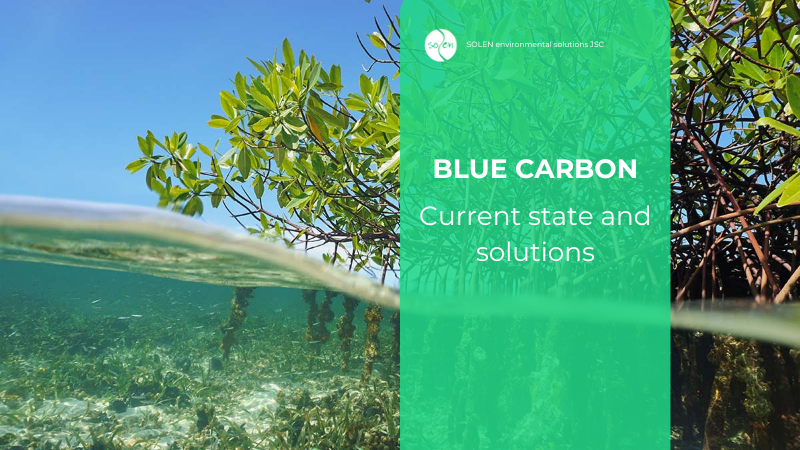The report on environmental pollution and climate change is a global urgent issue, requiring immediate attention and action from all countries and organizations. Reducing greenhouse gas emissions is not only an environmental responsibility but also a moral obligation to future generations. The Green Carbon initiative, aimed at restoring and sustainably using marine and coastal ecosystems, is a significant step in addressing these challenges.
Blue Carbon is defined as the amount of carbon stored in marine and coastal ecosystems, playing an essential role in balancing atmospheric carbon and mitigating the greenhouse effect. Ecosystems such as mangroves, marshes, and seagrasses not only provide valuable environmental services but also serve as large carbon reservoirs, capable of absorbing and storing significant amounts of CO2.
However, the conservation and restoration of these ecosystems face numerous challenges, from technical to policy-related issues. The report indicates that, despite efforts from Asia-Pacific countries to protect and manage coastal ecosystems, there are still many difficulties in integrating Green Carbon into current climate change policies.
To address these challenges, the report proposes a series of solutions and recommendations. International cooperation and interdisciplinary coordination are key to achieving sustainable conservation and restoration goals. Sustainable financial mechanisms, along with capacity-building programs and scientific research, will provide the necessary resources to support management and conservation efforts.
These proposals not only help mitigate the impacts of climate change but also contribute to biodiversity protection and the stability of marine and coastal ecosystems. This is an important step towards a sustainable future, where humans and nature can coexist and thrive together in peace and harmony.
For further information:



 Tiếng Việt
Tiếng Việt 日本語
日本語